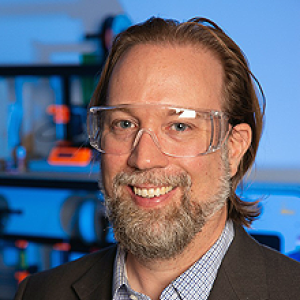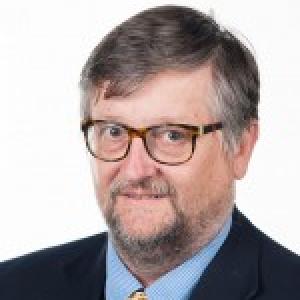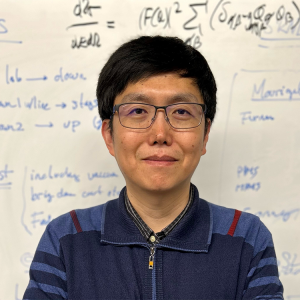J. Carson Meredith

J. Carson Meredith
Executive Director of the Renewable Bioproducts Institute
Professor and James Harris Faculty Fellow, School of Chemical and Biomolecular Engineering
Meredith is the Executive Director of the Georgia Tech Renewable Bioproducts Institute, and the James Harris Faculty Fellow in ChBE.
Meredith's group researches the surfaces and interfaces of advanced materials. Their work aims to apply fundamentals of polymer, surface and colloid science to find new ways to engineer materials useful to society and industry. In particular, projects emphasize the utilization of renewable components and sustainable processing to achieve circular manufacturing and use of plastics, composites, foams and coatings, among others. Many of these materials are critical for food security, energy efficiency, and are closely connected to greenhouse gas reduction.
carson.meredith@chbe.gatech.edu
404.385.2151
Office Location:
ES&T 1212
Catalysis; Cellulosic Nanomaterials; Separation Technologies; Nanocellulose Applications; Aerogels & Hydrogels; Films & Coatings; Coatings & Barriers; Biomaterials
IRI Connections:









